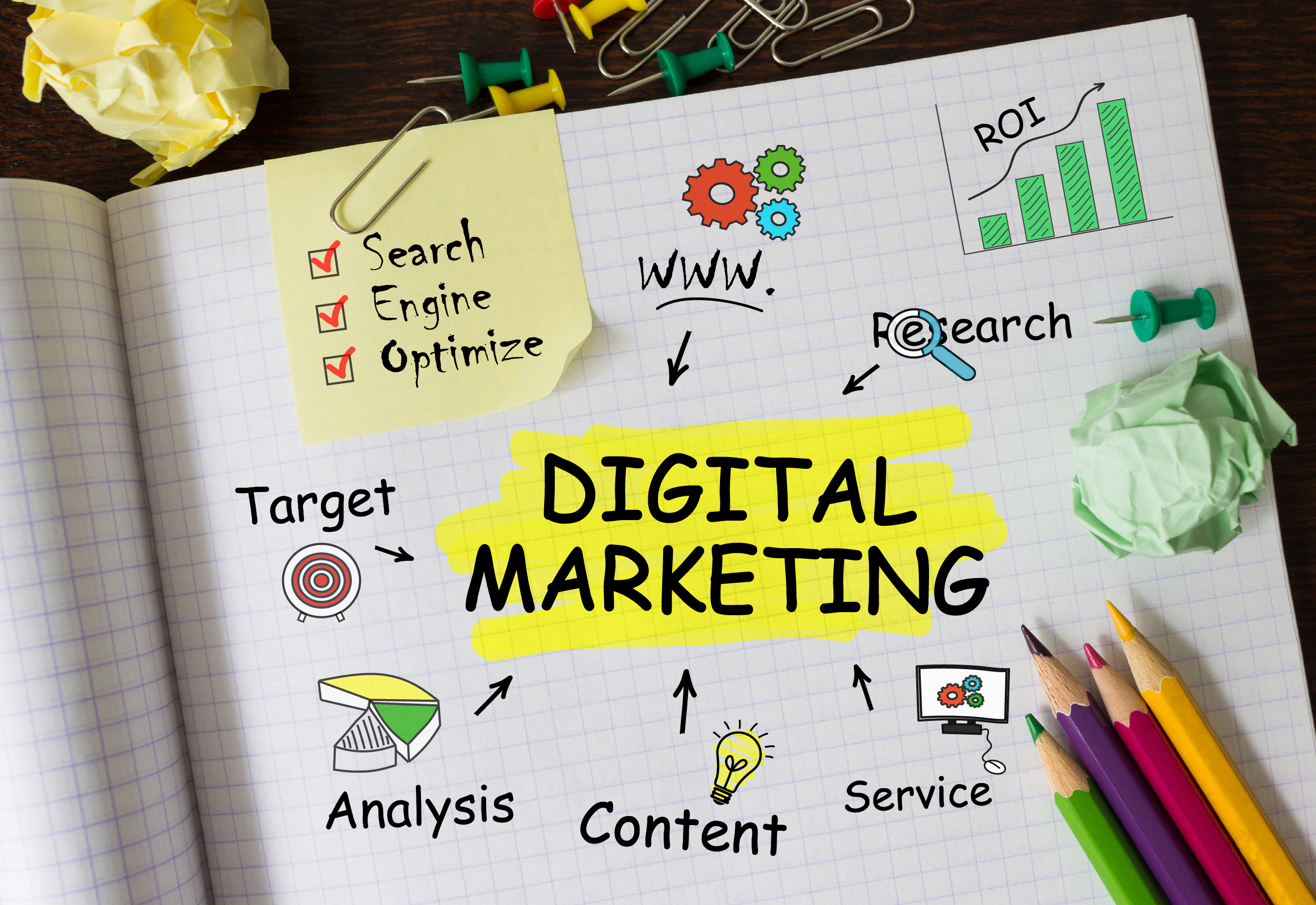Do You Have A Digital Marketing Plan?

That may seem like a question with either a “yes” or “no” response, but it’s not. Having one big marketing campaign that you use to market to customers and potential customers across all channels does not mean you have a digital marketing plan. It simply means that you have an overall marketing plan. Here’s why you need to separate digital from your other marketing plans.
Smart Insights published the results of a study, “Managing Digital Marketing,” which showed that 50 percent of all companies are doing digital marketing without a real plan for it; 34 percent have it integrated into their overall marketing plan; and just 16 percent have a specific and separate digital marketing plan.
Those companies that make up the 16 percent are doing it right. To keep track of how your marketing channels are performing, you need to track them separately otherwise you’ll be comparing apples to oranges. Conversion rates that are stellar in email marketing aren’t the same for digital marketing and vice versa.
Marketo did a survey on conversion rates by channel, which showed the typical conversion rates for each channel. According to Marketo, paid digital marketing (like search engine marketing) generates an impressive conversion rate of 2.98% while social media converts at 1.95% and email converts typically at .55%. Now that’s not to say that email isn’t a valid marketing channel because it certainly is, but digital marketing, and especially search engine marketing, can be further targeted to reach your core potential customers.
So, what should be in your digital marketing plan?
· Your Buyer Personas. Think about who your customers are. What are their job titles? How old are they? What are their pain points and challenges? This will help you in your targeting.
· Content. Look at the content you currently have created and the content you’re going to need to entice current and new customers.
· What Worked. Analyze past digital marketing campaigns you have and set benchmarks for what has worked (and sometimes more important, what hasn’t).
· Set Goals. From the assessment above, set specific numbers for conversion rates, traffic, and new leads that you want to generate from digital marketing.
· Social Media. Think about Facebook, LinkedIn, Instagram and YouTube, for example. How can you use these channels to reach your audience, educate them, and generate leads?
· Digital Search. This refers to both search engine marketing (SEM) of paid ads and listings through Google AdWords and search engine optimization (SEO), in which you research the keywords that work best for your industry/product and ensure that your website pages and content include those keywords so you’ll place higher in web search results.
Don’t have enough content to get started with your digital marketing? PartnerDemand can help with content creation! Contact us to get started today.





Leave a comment